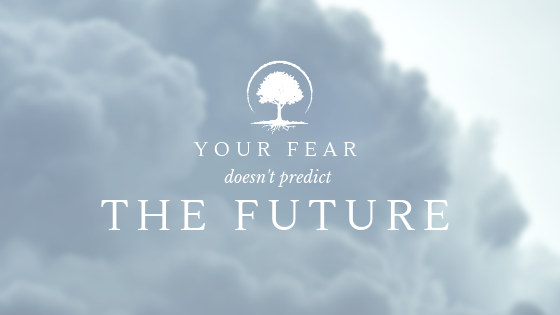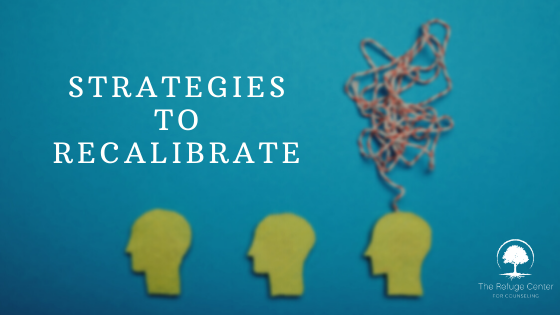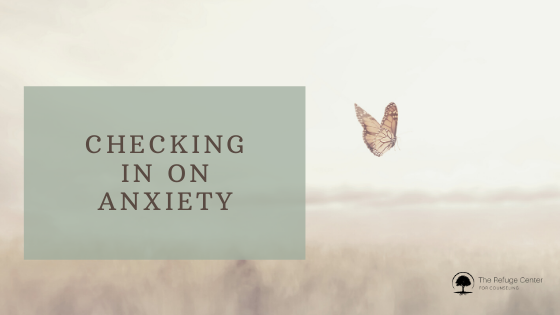Abide. Dwell. Trust.
Growing up in the south, these may be words that you are familiar with.
Anxiety. Shame. Hurt.
These may be words that are equally as familiar to you.
Do you struggle with anxiety? Describe your anxiety as an object. For me, it becomes a hamster on a wheel. Or sometimes, I picture myself trying to desperately climb a muddy mountain. The harder I try to climb, the deeper I sink. Have you ever felt this way?
As I write this blog post, I am reminded of Isaiah 55:8. “For my thoughts are not your thoughts, neither are your ways my ways, declares the Lord.” He declares. He proclaims. He knows we need to hear that His ways are not our ways. Our thoughts do not change His thoughts.
In my journey, I’ve learned the power of the word ‘and’. Before my personal walk in counseling, I believed I could feel only peace or fear, sadness or gladness, something or something else. They were always polar opposites, and the tug from each end of the rope was exhausting. Can we experience trust and fear at the same time? I am unsure. What I do know is this: “For as the heavens are higher than the earth, so are My ways higher than your ways and My thoughts than your thoughts.”
There is room for ‘all of the above’ at His feet. No matter how hard we try, our fear doesn’t predict the future because His ways are higher than our ways. In the words of Chip Dodd, “feel your feelings, tell the truth, and give it to God.”
If you would like to explore this further, we have many therapists at The Refuge Center that would be glad to meet you – wherever you are – in your life journey. Give us a call at 615-591-5262.




